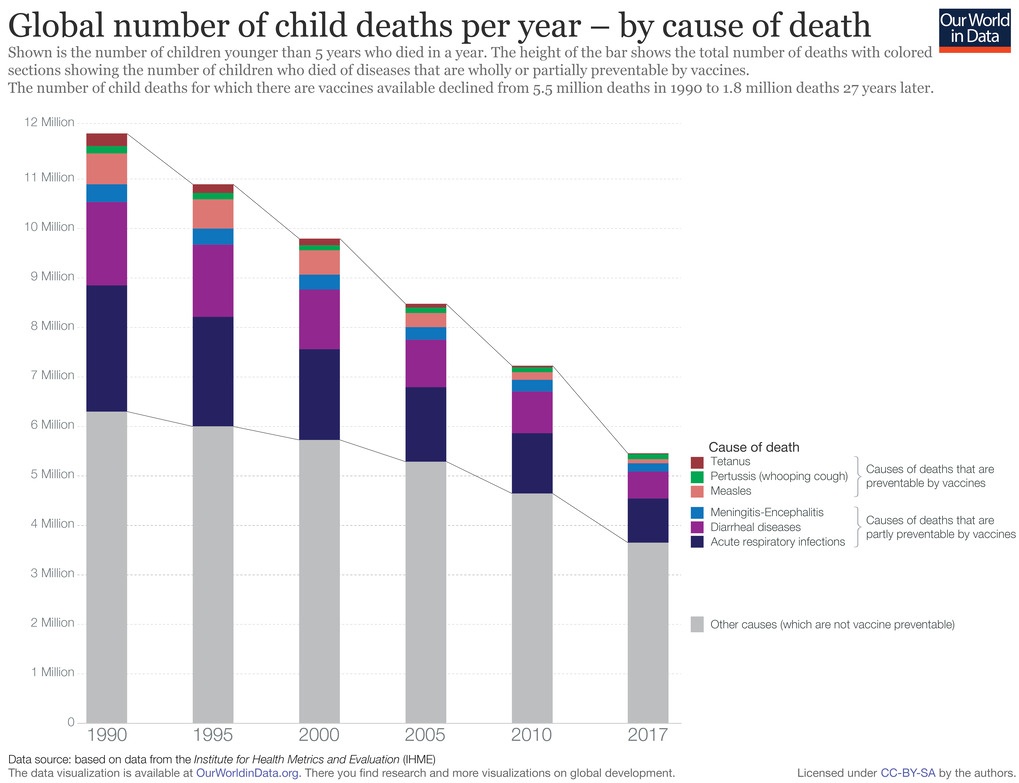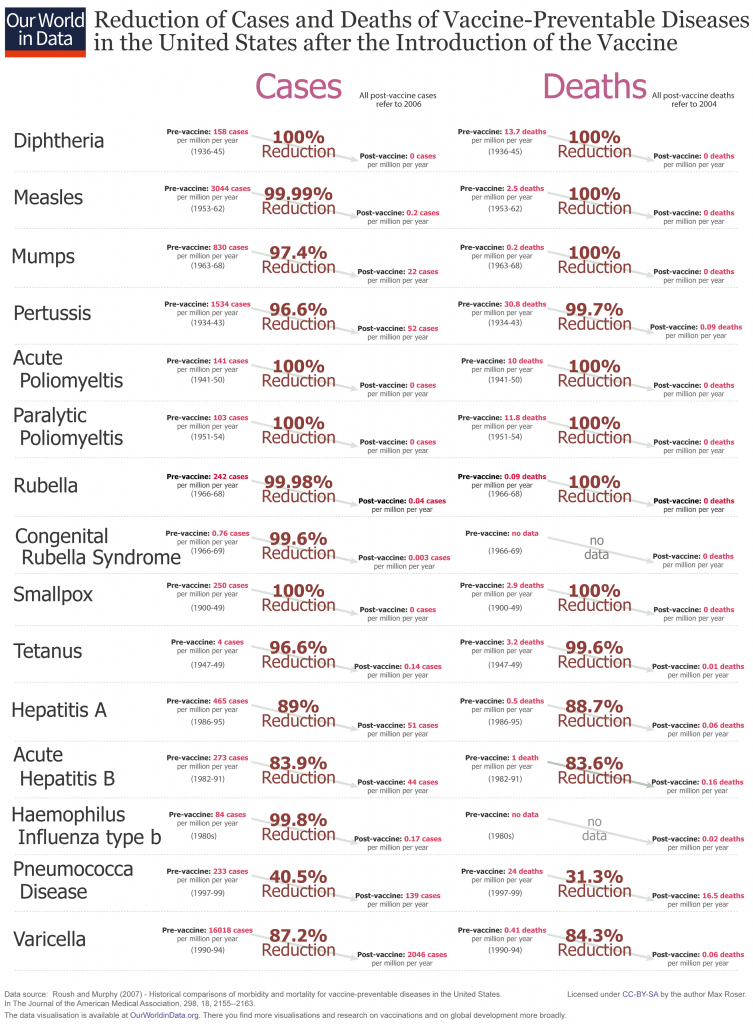Some parts of the world are beginning to step outside their homes and reintegrate themselves with their communities, guarded by certain restraints to prevent a resurgence of Covid-19. The restraints are likely to stay until a vaccine is developed, mass-produced and distributed into societies. This alone is providing hope to billions for a partial return to normality.
Unfortunately, after a period of relative quietness, a somehow emboldened anti-vaccination movement, or anti-vaxxers, have also commenced reintegration into society. The messaging, though, appears to be transitioning to the phrase previously associated with the topic of abortion: pro-choice.
This sounds alluring. At a time when data privacy and control is front and centre and the recent legislative context in parts of Australia and the world debating a woman’s right to seek abortion, it is very easy to think ‘Hey, they might have a point.’ And, they do.
Taking a pro-choice approach to the issue of vaccination is consistent with pro-choice for abortion and choice over use of individuals’ data. By not allowing someone the true freedom to determine what goes in their bodies, free from threats, for example, to their welfare payments, a fundamental plank of what it means to live in a modern liberal democracy is undermined.
But, this argument only holds from a limited perspective.
The ostensible benefits the anti-vaccination movement are seeking, being their choice to vaccinate, do not consider a wide number of other stakeholders.
For the most part, those supporting anti-vaccination rhetoric are those who identify as leading a positive lifestyle: interested in wellness, yoga, superfoods and being part of the community. These are good people who want the best for those around them. Their views on vaccination, however, are misled. It is the single outlying topic in their view of what is good that runs counter to the very essence of what they are looking to achieve in their lives. And now, it is being sold as ‘choice’.
For the purposes of contrast, the more conventional use of pro-choice in the context of abortion is about positive impacts for many parties. Most obviously, enabling a woman to make (sometimes excruciating) choices about her body in contexts many people may not understand, provides immense benefits to the mental health of the individual when they need it most. Further, the mental health challenges of a child that is born into circumstances in which one or both parents are either unwilling or unable to give it the attention it needs introduce significant risk to the quality of that child’s life.
Having the option to avoid this outcome means that a public health system that is insufficiently equipped to deal with the existing mental health challenges of a population may then not need to manage the mental health of another two groups of people. The community benefits by raising children in supportive families and limiting the social burden of those children who are not so fortunate. Were that not enough, the woman has the option to contribute more to society through her career and through raising children when the time and circumstances are right for her. This is choice.
Pro-choice in the context of vaccination is effectively the opposite where the choice is taken to not have a vaccine. To be clear why vaccines are essential, Figure 1 illustrates the point:

Vaccines have reduced the child rate deaths per year by a factor of three in 30 years. And, this does not take into account the growth of the global population by approximately 50% since 1990. Figure 2 outlines the staggering number of diseases that vaccines have effectively or actually eliminated as a major risk to humanity.

A parent who ‘chooses’ not to vaccinate their child makes many more choices than simply not allowing something scientifically-backed into their child’s body for fear of unsubstantiated and often unequivocally discredited outcomes.
They choose to allow their child increased risk of contraction of diseases outlined in the table, with all the welts, disfigurements, disabilities and added social challenges that come with them. They choose to accept responsibility to look after these children who suffer at the hands of completely preventable diseases. They choose to expose their communities to greater risks of transmission and put the lives of people who they likely love, respect and enjoy being around at risk. They choose to wager the greater economic good of the community on a suspicion that there is something wrong with the science that overwhelmingly demonstrates time and again that not only do vaccines save lives, but they enhance them by avoiding disease.
Pro-choice as commandeered by the anti-vaccination movement is nothing more than a choice to ignore science and risk the lives and life choices of others.
Requiring vaccination of children is not an erosion of rights under a liberal democracy any more than requiring school attendance by children. It is for the benefit of the greater community.
No one doubts the argument that preventing some foreign substance from entering our bodies without due consideration of the risks is reasonable logic. But, that logic breaks when considered in a broader context of scientific evidence and societal benefit.
Some expected the debate about vaccines to be undermined by Covid-19. To the ‘pro-choice’ adherents: it’s not too late to stop anti-vaccination rhetoric returning to society in a post Covid-19 world.
Photo by Michael Amadeus on Unsplash.

